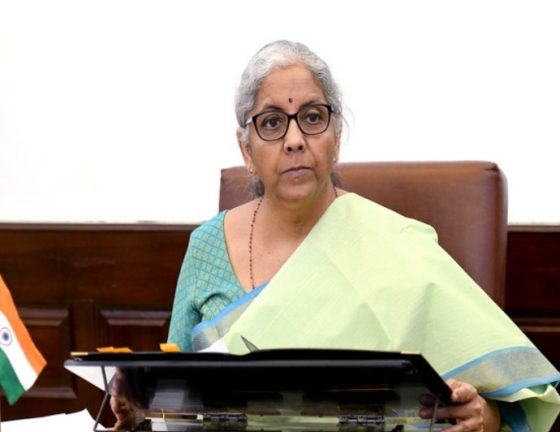Proper implementation of the Goods and Services Tax (GST) in India can be worked upon and is not an “unfixable problem”, former RBI governor Raghuram Rajan has said, reiterating that demonetisation was “not a well-planned, well thought-out” move.
With the Modi government bringing in ambitious reforms like GST and demonetisation, Rajan said it would be good if such measures were better implemented.
“On the Goods and Services Tax, we will figure it out eventually. It will be nice if we could implement much better than we do. But it’s (GST) not an unfixable problem. We can work on it. I wouldn’t give up hope at this point on that,” Rajan told an audience at the Harvard Kennedy School in Cambridge yesterday.
Rajan, who is currently the Katherine Dusak Miller Distinguished Service Professor of Finance at The University of Chicago’s Booth School of Business, gave the 2018 Albert H Gordon Lecture on the topic ‘Leverage, Financial Crises, and Policies to Raise Economic Growth’. He was asked about the “shoddy implementation” of big ticket reforms like GST and demonetisation in India.
On demonetisation, Rajan rejected the claim that the Reserve Bank of India had not been consulted by the government before it went on to declare 1,000 and 500-rupee currency notes as illegal tender in November 2016. He however reiterated that the move to cancel 87.5 per cent of the currency value was “not a good idea”.
“I didn’t ever say that I wasn’t consulted (on demonetisation). In fact, I have made it quite clear that we were consulted and we didn’t think it was a good idea,” Rajan said.
He said demonetisation “was not a well-planned, well thought-out, useful exercise and I told the government that when the idea was first mooted,” he said adding that any macro-economist would say that if 87.5 per cent of the currency is being demonetised, then it better be made sure that a similar amount of currency is printed and ready to be put back in circulation.
“India went into it without having done that. It had a negative economic impact but also the idea was that somehow people who had money stored in their basements without having paid taxes on it would overnight see religion and come to the government and say ‘sorry we were hiding this stuff, let me pay taxes on it’,” Rajan said, calling it a “naive view”.
 Dainik Nation News Portal
Dainik Nation News Portal




